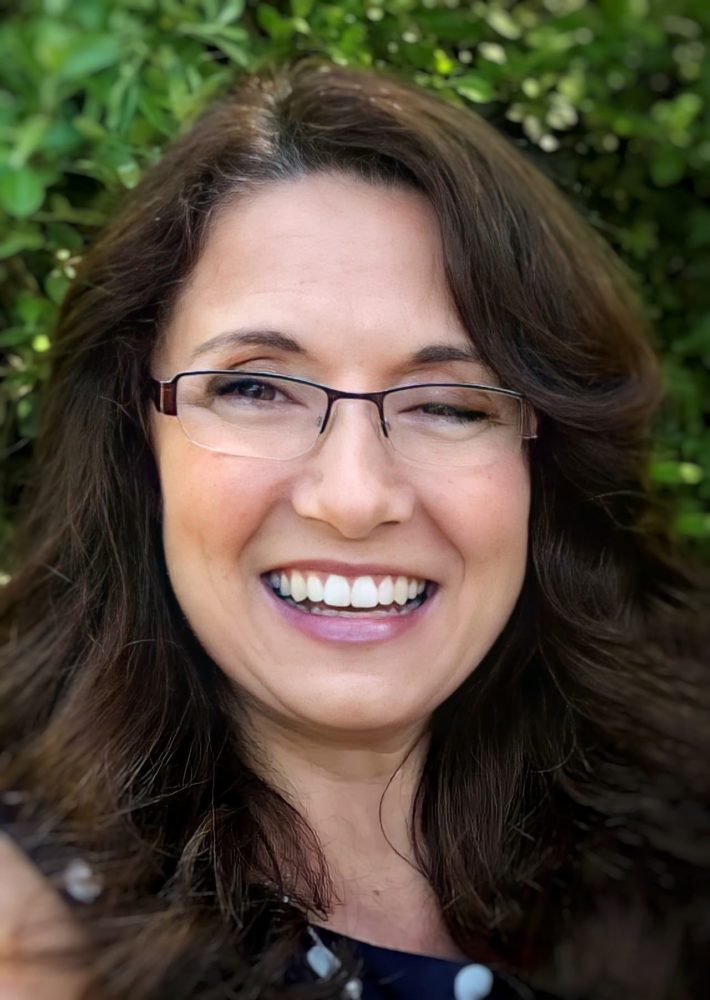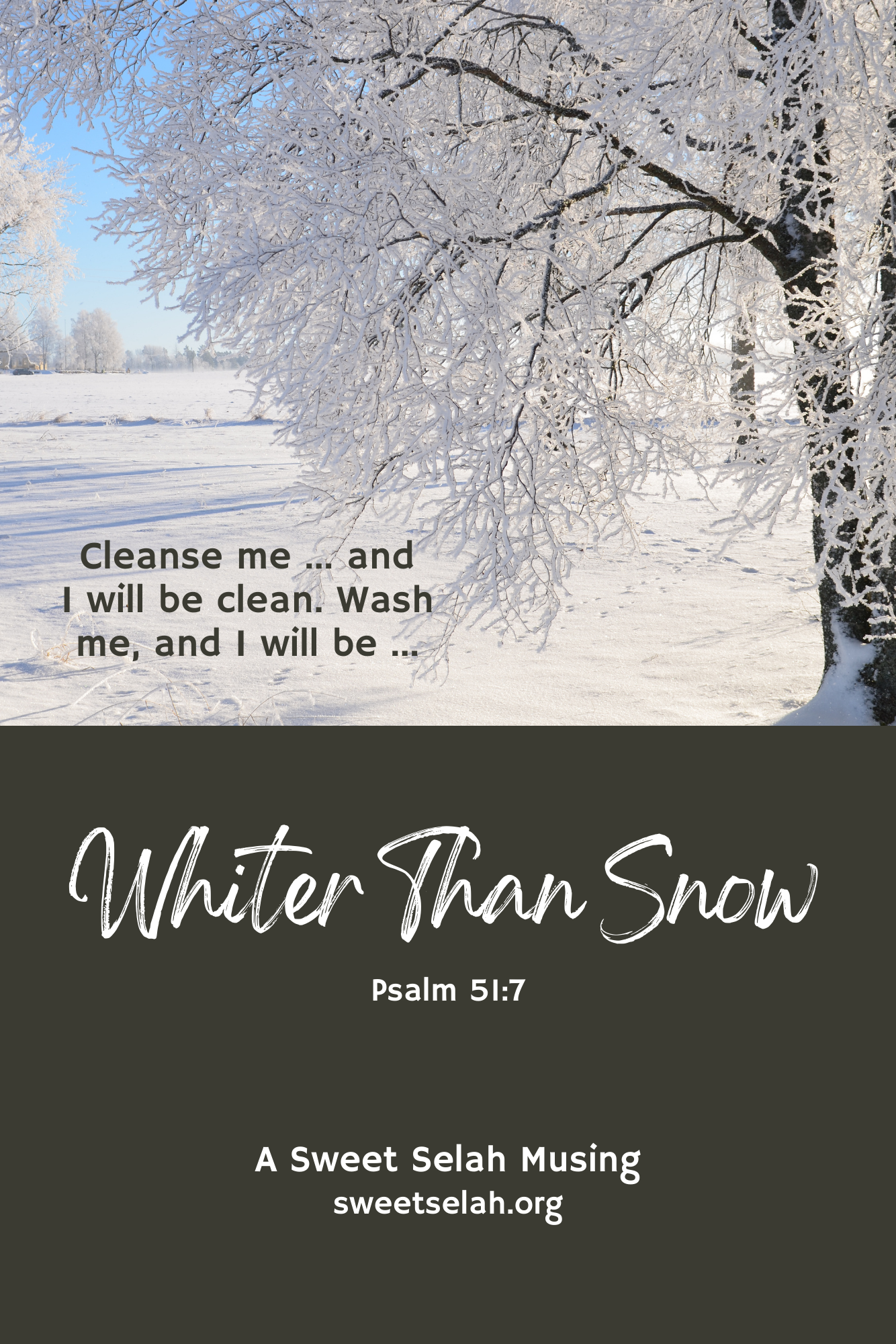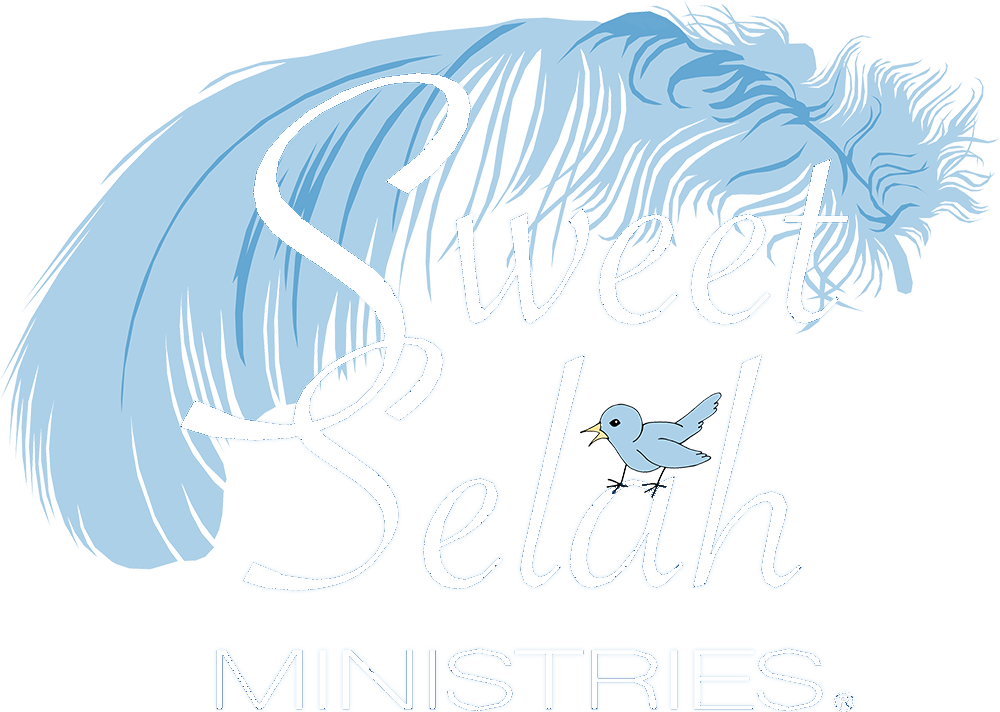 Cleanse me with hyssop, and I will be clean;
Cleanse me with hyssop, and I will be clean;
wash me, and I will be whiter than snow.
Let me hear joy and gladness;
let the bones you have crushed rejoice.
Hide your face from my sins
and blot out all my iniquity.
—Psalm 51:7-9 NIV
A snowstorm greeted the new year in our small New England town, covering the bleak landscape under a blanket of white. I marveled at the majestic, flocked forest and pristine hills transformed from a dirty and drab setting into something clean and dazzling. It was extraordinary.
I think God sees us this way, too––clean and dazzling after our dirty and drab sins are covered. Like a ruby beholder, an artist’s tool made of red cellophane that filters out the red, Jesus’ blood covers our scarlet sins. Then God sees us as “whiter than snow” because our sins have been canceled by Jesus’ payment. John 3:16 says it perfectly, “For God so loved the world that he gave his one and only Son that whosoever believes in Him shall not perish but have eternal life” (NIV).
Psalm 51 is a picture of this same miracle. King David wrote this poem of repentance because, unfortunately, he knew the barrenness of sin. He chose to please himself instead of God and did the unthinkable. Not only did he take Bathsheba, Uriah’s wife, for himself, but when she became pregnant, David felt He had to hide his sin by luring Uriah home from the battlefield and manipulating him to lay with his wife so no one would suspect the child was David’s. When that didn’t work, David had Uriah killed.
The contrast is stark. Uriah, a righteous man, pleased God, but David, described as a man after God’s heart, did not. Consequently, after David arranged for Uriah’s death, he suffered from the crushing pain caused by guilt and shame. Not only had he sinned against Uriah and Bathsheba, but he had also sinned against God, severing the intimacy with God that he had experienced all his life.
But God, in His mercy and grace, sent Nathan, the prophet, to confront King David. (See 2 Samuel 12.) Yes, you read that correctly. God sent a prophet to have an uncomfortable encounter with a king. Nathan was wise and courageous and obeyed even though he knew David could have him killed. What an act of sacrificial love!
Curiously, Nathan began the conversation with a story instead of an accusation, telling David about a rich man who had killed a poor man’s pet lamb for his own feast. Shockingly, David replied, “… As surely as the LORD lives, the man who did this must die! He must pay for that lamb four times over because he did such a thing and had no pity” (2 Samuel 12:5a-6 NIV).
Then Nathan declared, “You are the man!”
How chilling these words must have been to David. But I suspect, based on his reaction, that he was not surprised. In David’s prayer of repentance, he writes, “… let the bones you have crushed rejoice” (Psalm 51:8b NIV). This implies that David had been suffering. Some commentators believe it was the pain of separation from the God he loved: The One who had anointed him, rescued him, raised him as king, and blessed him.

But God did not abandon David; David had abandoned God. And God loved David so much that He spoke hard words. From this story, we can conclude that love does not always look passive and gentle. What God gave to David was truth. Truth is unbendable and often difficult to share, especially if met with resistance. However, love is always willing to risk conflict to bring restoration. Love compels us to sacrifice for others. The truth shared in love can bring us to repentance.
Sometimes, our loving God tells you and me, “You are the man (or woman)!” And we are. We may not have committed murder, but we “… all have sinned and fall short of the glory of God” (Romans 3:23 NIV). We also suffer because sin harbored in our hearts becomes a barrier to God. Our sin, like a dark umbrella on a snowy day, blocks us from experiencing God’s outpouring that makes our hearts clean.
Fortunately, when Nathan exposed David’s sin, David was relieved and quick to repent. He desired intimacy with God, asked for forgiveness, and prayed for joy to return to him.
What about you? How would you respond? Honestly, I am initially guarded and defensive when confronted with the truth of my sin. Whether it’s my husband sharing the truth or the Holy Spirit, I don’t usually welcome it right away. But God’s love can melt the hardest heart.
Father, when I sin against You, please tell me the truth in love and restore me to Yourself quickly. Thank You for never leaving or forsaking me, even when I let go of Your loving hand. Discipline me and give me a desire to please You, and You alone. In Jesus’ name, Amen.

Now may the God of hope fill you with all joy and
peace in believing, that you may abound in hope
by the power of the Holy Spirit (Romans 15:13 NJKV).
Marlene McKenna
Sweet Selah Ministries
Vision
To inspire a movement away from the belief that “busy is better”
and toward the truth of God’s Word that stillness and knowing
Him matter most—and will be reflected in more effective work and service
Mission
To offer biblical resources and retreats that help women pause (Selah)
and love God more deeply as they know Him more intimately (Sweet)
Donate
If you’ve been blessed, keep the blessing going!
Click over to our Donation page … and thanks.
Share it. Pin it.




4 Comments. Leave new
Thanks Marlene for a beautiful New Year message, and the incredible beauty of the picture too.
Thank you, Margaret.
God’s grace abounds in all things new.
What a promise and a hope we have in Christ. Forgiven and made whiter than snow. Praise God!
Amen, Donna!